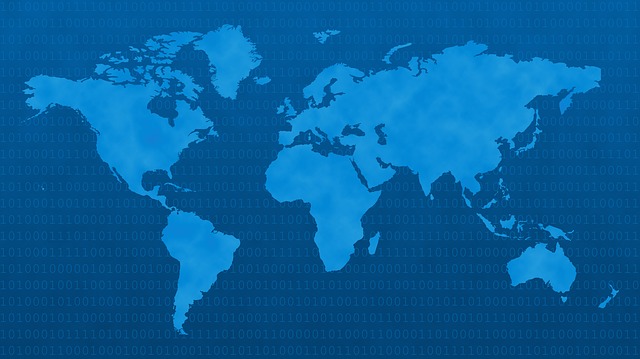Dans un rapport récemment publié, l’Organisation de coopération et de développement économique (OCDE) affirme que les pays doivent adopter de nouvelles manières afin de mieux exploiter les possibilités qu’offrent les TIC.
Intitulé Students, Computers and Learning : Making the connection, le rapport s’intéresse notamment aux liens entre l’accès et l’utilisation des TIC à l’école et la performance des élèves de 15 ans à différentes épreuves de lecture, de mathématiques, de sciences et de maîtrise des compétences numériques. Les données de 31 pays membres de l’OCDE ont été analysées et comparées. Ce rapport s’inscrit dans le cadre du Program for International Student Assessment (PISA), qui vise à évaluer les systèmes d’éducation des pays membres de l’organisation.
Il en a largement été question dans les médias généralistes lors de sa parution, qui ont généralement retenu et véhiculé que les TIC n’améliorent pas l’apprentissage.
En fait, d’après les résultats de cette étude, les élèves qui font un usage modéré des TIC à l’école ont, dans l’ensemble, des résultats scolaires supérieurs à ceux qui les utilisent rarement ou, au contraire, très souvent. C’est ce qui fait dire à l’OCDE que le seul accès aux TIC dans le milieu éducatif ne garantit aucunement une amélioration des résultats scolaires.
L’Organisation estime aussi que ce qui importe pour améliorer le système éducatif et les apprentissages des élèves n’est pas nécessairement l’investissement massif dans les TIC, mais plutôt le développement de compétences dites de base, comme celles en lecture et en mathématiques.
En résumé, tel que cité dans un article du Journal de Québec, Francesco Avvisati, analyste à l’OCDE, est d’avis que ce n’est pas la quantité de TIC qui importe, mais plutôt leur qualité. Selon lui, pour qu’une technologie soit efficace, il faut partir de ses usages pédagogiques et des finalités visées. Il ne faut surtout pas privilégier l’acquisition massive d’équipement.
Des données simplifiées de l’étude sont présentées ici, par pays.






